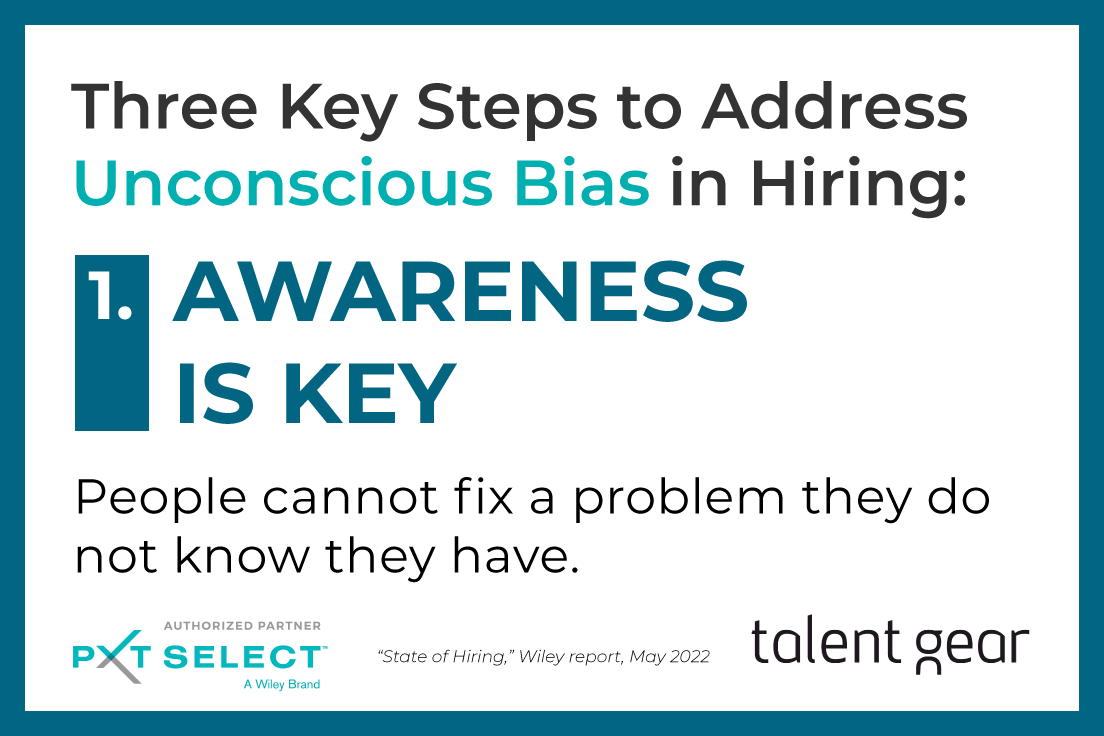Interviewing: tips & pit falls
Despite the proliferation of articles like “Job Interviews Are Useless,” very few organizations are ready to do away with the interviewing step of the hiring process. So what does it take to interview better?
To be sure, unstructured, off-the-cuff interviews have always been poor predictors of long-term job performance. They provide too small of a sample of the candidate’s behavior and almost no information about competence. They can lead to people hiring someone they think they like rather than someone who will contribute, or to hiring the person most comfortable doing interviews.
So what does it take to interview better?
Know the job
The better you understand the job and your organization, the better you can prepare for the job interview.
Before you post an opening, always analyze carefully what the job requires. This should include not just what skills and experience are required, but also what thinking styles, behavior traits, and interests will increase the likelihood of being successful in the position.
To get help with this, use a reliable resource such as PXT Select’s Performance Library. It’s based on data derived from 20 years of successful people in specific jobs and on the U.S. Department of Labor’s O*Net database.
Performance Library Models provide a snapshot of the preferred traits for a given job. You can see at a glance which qualifications are absolutely necessary and which are preferred.
Know your organization
A job is much more than completing a list of tasks and expectations. It’s also fitting in with an organization—yours.
So what is your organization’s culture? What are the values, goals, attitudes and everyday business practices that make you who you are? The clearer your understanding of these critical aspects of your culture, the easier it will be to find someone who fits them.
If a lot of work is conducted virtually or the boss regularly brings in her dog, the candidate should know this. Both the interviewer and the interviewee should be able to evaluate if the job and the organization are good fits.
It’s also a good idea to review what’s been said about your organization online and be prepared for questions. Look at Glassdoor.com and peruse online company or product reviews. Decide how you’ll respond to questions or comments, especially if some are negative.
Be prepared
This guiding advice for the Boy Scouts of America definitely applies to interviewing, as well.
- Everyone conducting the interview(s) should review the cover letter, assessment results, job requirements and selection criteria—the resume could be optional<link to Eliminate Interview Bias article?>if you want to reduce bias in your evaluations.
- Equally important, and often overlooked: interviewers should be prepared to represent—and sell—your organization, as well. Interviewing is a two-way interaction, after all, especially in a tight job market. With highly qualified candidates, you’re being interviewed as much as they are.
- If your candidate has taken the PXT Select assessment, review the Comprehensive Selection Report and identify and assign the suggested interview questions. Consider any other questions you believe are important and assign those as well. Be sure to ask open-ended questions—questions that will get at competency, outlook, interests and behaviors.
- Know what information you’re looking for with each question. There are no right or wrong answers, but you should know what a good response is. If you’re asking a question about teamwork, for example, are you looking for an answer that shows collaboration, leadership or results?
- Review what’s legal and not legal to ask. The EEOC's Prohibited Employment Policies/Practices page is a good resource for this.
- Be prepared to listen and always take notes. During the evaluation process, these notes will provide invaluable data when you discuss candidate strengths and weaknesses.
- And don’t forget about hospitality and common courtesy. Providing a comfortable meeting room, having water available, being on time, knowing which questions you’ll ask are all professional courtesies that should never be forgotten.
Reduce interview bias
Be aware of your personal biases (even if you don’t think you have any). This will most likely occur during the first few minutes, so don’t ask the most important questions right away.
Try to ask exactly the same questions of every candidate if they’re not recommended questions from the Comprehensive Report. Record responses as completely and accurately as you can. People tend to remember the first and last person interviewed.
Use an interview scorecard. This can be an actual scorecard with a few key items listed or it can be a rating for each interview question. Do the scoring right away. This will make it less likely that you’ll be influenced by the comments of others.
Share impressions, reactions and scorecard results. If you’re the most senior person, let others speak first so you don’t influence their comments.
Always follow up
Don’t damage your organization’s reputation by failing to followup with a candidate whom you’ve decided not to hire. A warm and friendly email is just fine.
If you think they might fit in your organization but not this role, ask if you can keep their resume and assessment on hand for upcoming opportunities. And of course, thank them for their time and wish them well.

